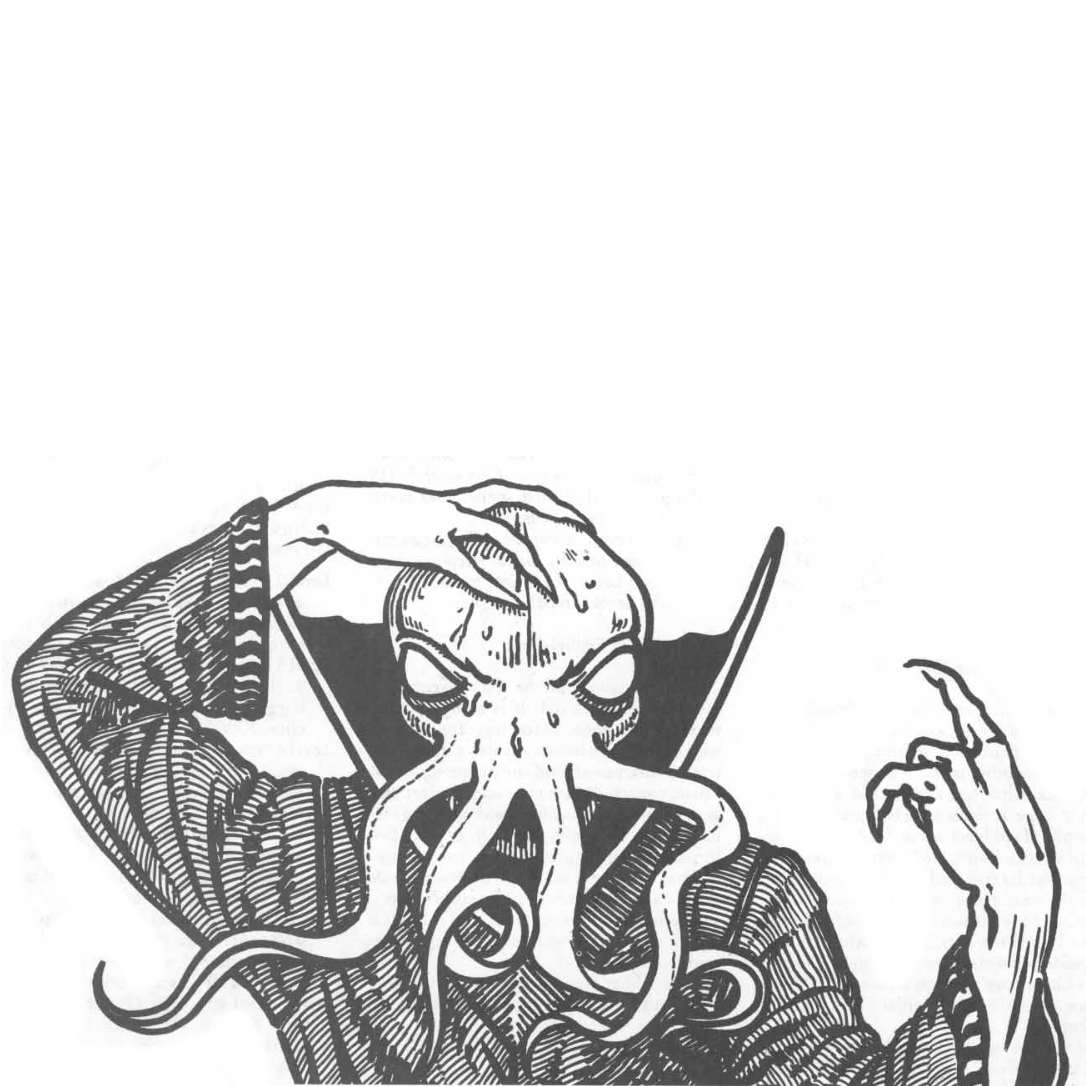If you check my comment, I will show you my current Dying condition that I have been able to test on the field.
It's 80 % the one from XP to level 3, with a few things changed and actually used in a DND game :)
Enjoy
I take a system inspired by the video game Wildermyth, where the player gets to decide what happens at 0 HP.
Option 1: You fall unconscious. Your fate is out of your hands.
Option 2: You die, but... You might go out in a blaze of glory, or inspire an ally, but you're dead for good. At least it's a good death, which is better than some get.
Option 3: You live, but... You might lose an eye, or a magic item gets destroyed, but you manage to escape. You're still out of the fight, but you live to see another.If it takes a half hour for a single round of combat then I will assert that you actually are doing D&D wrong. Players should know the rules for anything their character can do and be paying attention so they're ready when their turn comes up. Combat and magic rules take up maybe a dozen pages in the PHB, spend an hour and read over them a few times to make those weekly games you invest two to six hours into go much smoother.
The DM should know all the rules. Like most homebrew I see, this is an overly complex "solution" that functions nothing like anything else in the game and wouldn't be necessary if everyone involved actually learned the real rules. 5e already has an exhaustion mechanic and it works nothing like what is described. Making up new and convoluted rules to be used by people that take six minutes to move and make an attack or cast a spell is not going to accomplish anything but making your combat turns forty minutes long instead of thirty. I play in a game that includes seven PCs including two "lightly experienced" players and one complete noob. Combat rounds take maybe ten minutes, tops, because people pay attention and the DM actually learned all the real rules.
You are entitled to your opinion, but I disagree with most of it.
Condition Dying
Not for NPCs, the goal is to keep players alive.
When hit points reach 0, the character drops Prone and becomes Dying
At the beginning of the round, we start with the Death saving throws.
Then, the character can either:
Move (prone = half movement). Cost: Free
Talking while dying. Cost = Free
Action. Cost = 3 levels of Exhaustion
Bonus Action. Cost = 1 level of Exhaustion
Reaction. Cost = 1 level of Exhaustion
It is not possible to get up.
Exhaustion: On the d20
1 = -1 on every d20
2 = -2 on every d20
......
9 = -9 on every d20
10 = death
Recovery **First ** shorts rest = - 1 Exhaustion Long rest = - 2 Exhaustion
Edits following comments :
so, the -1 exhaustion on short rests is only on the FIRST short rest that they use it on. They can't do it twice in a day. Also clarified the scaling. Love to you all
Jesus Christ just play 3.5 if you're going to make it that complex.
Oh yeah. Playing an entire different system sounds way easier than having this in a file that you only ever read if you get to 0 hp.
That's literally what I'm saying - when you're adding this much complexity to dying alone (because nobody runs 5e with just the one piece of homebrew rules), it would actually be easier to just play a system with more crunch by default and a complete rules set. It is more work for players to have to ask you/for you to tell players about each of your homebrews than to just use a system that already has the rules you're looking for.
It's a lot harder to get your head around the first TTRPG you play than any after, so changing system really isn't a big deal.
Except its not complexity once you see it in action. Novody cares about that piece of info before reaching 0 hp, when you do need it you are in combat and have plenty of time to check it out, and the best part ? You can even skip it if you dont care for it.
I prefer to adapt a car that I like than to switch cars for a better result after a big time of work. But that is my preference. And if its not yours its perfectly fine too.
Lets go through the actual steps:
- Roll a death save
- choose an action
- calculate new exhaustion level (which is completely different to the exhaustion mechanic that's already in the system)
- roll relevent attacks etc at new penalty
So not super complicated, but definitely much more complex that.... basically any other way of dying. When added to all your other homebrew rules it doesn't matter if nobody cares until they reach 0hp, because the flip side is that they have to learn another new rule once they reach 0hp.
Meanwhile though, dying has moved from a serious problem to a non-condition: there are some mild penalties for acting, but overall? You still have all your actions, just at a slightly slower, still costless, move speed. Players lose little for entering it, so are going to be much less inclined to avoid it, while monsters are now encouraged to double tap - it would be very stupid to walk away from a PC just because they've been knocked prone, even if their actions has an additional cost now.
You're adding elaborate "adaptations" to your reliant robin to stop it tipping over instead of just cutting your losses and buying a car with 4 wheels. Spending lots of your time on something doesn't make it better than what's already out there.
Go and reread your comments. Look at what you've actually been saying. Here you're reminding me it's actually more complex than I described, after claiming it's incredibly simple. In your past comments you flipped from "it's easier to modify a game than learn a new one" to "actually I like putting more work in than if I just got a game that works".
You're not actually arguing that there are any benefits to the rule, you're just flipping through positions trying to justify using it. Its perfectly fine to say that a system doesn't actually do what you want and to find a system that does - there are plenty of OSR games that are very similar to 5e while adding those extra edges you're looking for - but right now you're adding a bunch of extra complexity that is suitable for high crunch systems, not simple ones like 5e.
I'm mostly against switching systems when I like the one that I use but there are 2-3 things that I'm going to change to make it even better.
I do not want to learn an entire system because I want to dodge modifying the few things that are bad in 5th.
As for the rule, my dear friend, you completely missed why it exists in my game. The reason is simple to keep my players engaged and entertained even when they are at 0 hp. That's it. nothing more and nothing less. It's not because 5th has bad exhaustion (because I never used it in my game to begin with) and it's not because being unconscious is boring (when not using my sweet condition) that I'm going to spend hours and hours relearn an entire system.
I'm fine with 5th. I like it. I'm not going to change cars because I do not like the paint color. I'll just repaint it and enjoy it then.
I have recently encountered ICON and come to really like its dying mechanic. Each time a character is reduced to 0HP they become incapacitated, but stable, and gain a wound. Each wound reduces max hp by 25% and only goes away after an adventure (quest). A character can help an incapacitated character (rescuing) bringing them up and healing them to their new max HP, which after one wound would be 75% of max. Second time dropping to 0hp, a second would and new max hp of 50% of original.
It gives good longevity in individual encounters and forces caution in the longer run.



